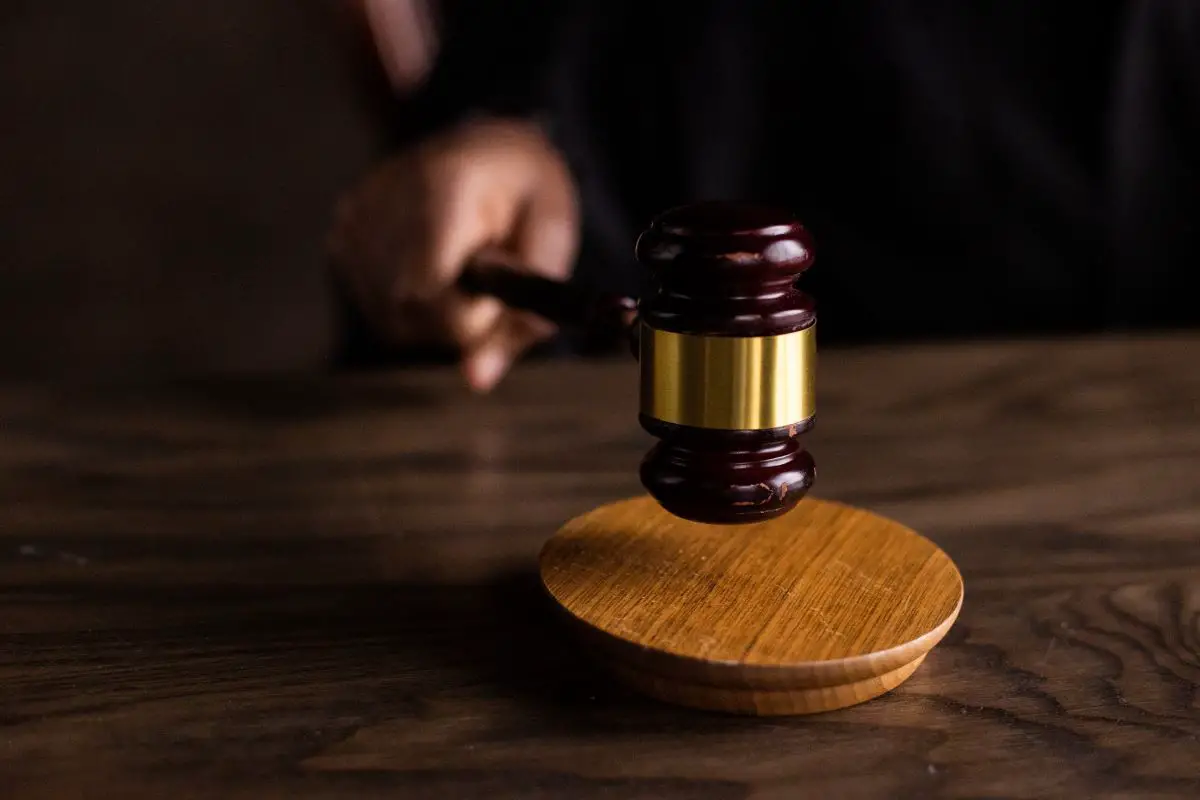Plea Bargains Role in Criminal Cases
In the complex world of criminal law, plea bargains have become an essential tool for resolving cases efficiently and effectively. But what exactly are plea bargains, and how do they work in criminal cases? This article will provide you with a comprehensive understanding of plea bargains, their significance, and the process involved. Whether you’re a defendant, an attorney, or simply curious about the legal system, this article will demystify the world of plea bargains.
Understanding Plea Bargains
What is a Plea Bargain?
A plea bargain is an agreement reached between the prosecutor and the defendant in a criminal law case, where the defendant agrees to plead guilty or no contest to certain charges in exchange for concessions from the prosecution. It is a negotiation that aims to resolve the case without going to trial.
How do Plea Bargains Benefit the Parties Involved?
Plea bargains offer several benefits to both the prosecution and the defense. For the prosecution, it helps in reducing the burden on the court system by avoiding lengthy trials. It allows prosecutors to allocate their limited resources to more complex cases. For the defense, plea bargains can result in reduced charges or lesser penalties. Thus providing a chance to avoid the uncertainty and potential harshness of a trial outcome.

Step 1: Charge Evaluation and Investigation
Before a plea bargain can be considered, the prosecutor and defense attorney thoroughly evaluate the charges and evidence in the case. They assess the strengths and weaknesses of their respective positions and consider the potential outcomes of a trial.
Step 2: Negotiation
Once the charge evaluation is complete, negotiations between the prosecutor and defense attorney begin. The defense attorney may present mitigating factors or weaknesses in the prosecution’s case to negotiate a favorable plea agreement. The prosecution, on the other hand, may consider the evidence, the defendant’s criminal history, and the impact on the victims while determining the terms of the plea bargain.
Step 3: Agreement and Presentation to the Court
If both parties reach an agreement, the terms of the plea bargain are presented to the court for approval. The judge carefully evaluates the plea bargain to ensure it is fair and just. If the judge approves, the defendant enters a guilty or no contest plea, and the court proceeds with the sentencing phase.
Step 4: Sentencing
During the sentencing phase, the judge determines the appropriate penalties based on the terms of the plea bargain and other relevant factors. This may include fines, probation, community service, rehabilitation programs, or a combination of these. The judge’s decision aims to balance the interests of justice and rehabilitation. While considering the circumstances of the case and the defendant’s background.

FAQs about Plea Bargains
What factors influence the acceptance of a plea bargain?
- The strength of the evidence against the defendant
- The defendant’s criminal history
- The seriousness of the charges
- The wishes of the victim(s)
- The court’s caseload
Can a plea bargain be withdrawn?
In certain circumstances, a plea bargain can be withdrawn. However, it generally requires a valid legal reason and the court’s approval.
Are plea bargains only available for certain crimes?
Plea bargains can be used in various types of criminal cases, ranging from minor offenses to serious felonies. However, their availability may depend on the jurisdiction and the nature of the charges. So, while plea bargains are commonly associated with various criminal cases, they can also be a strategic option for individuals facing traffic violations. For instance, enlisting the expertise of a skilled traffic ticket defense lawyer can often lead to favorable outcomes through plea negotiations.
What happens if the defendant violates the terms of the plea bargain?
If a defendant violates the terms of a plea bargain, they may face consequences, such as revocation of probation, additional charges, or annulling the agreement. The specific consequences will depend on the terms of the plea bargain and the judge’s discretion.
Can a defendant appeal a plea bargain?
In general, a defendant cannot appeal a plea bargain unless there is a significant legal error or violation of constitutional rights during the plea process. It is crucial for defendants to fully understand the terms and consequences before entering into a plea agreement.
Are plea bargains confidential?
Plea bargains are typically not confidential. The terms and conditions are presented in court and become part of the public record. However, discussions that occur during negotiations are often confidential and cannot be used against the defendant if the plea bargain fails.

How Long Does It Take for a Plea Bargain to Be Accepted?
When it comes to the acceptance of a plea bargain, the timeline can vary depending on various factors. Let’s take a closer look at the different elements that can influence the duration of the plea bargain process.
Case Complexity
The complexity of the case plays a significant role in determining how long it takes for a plea bargain to be accepted. More complex cases with multiple charges, extensive evidence, or legal intricacies may require additional time for negotiations and evaluation.
Prosecutor’s Caseload
The workload of the prosecutor assigned to the case can impact the speed of the plea bargain process. If the prosecutor is handling numerous cases simultaneously, it might take longer for them to review and respond to the defense’s proposals.
Defense Strategy
The defense’s approach and strategy can also affect the time it takes for a plea bargain to be accepted. If the defense attorney needs to conduct further investigations, gather evidence, or consult with experts, it may lengthen the negotiation process.
Court Availability
The availability of the court and the judge’s schedule can influence the timeline for accepting a plea bargain. Courts often have a busy docket, and finding an appropriate time for the judge to review and approve the agreement can cause delays.
Cooperation and Communication
Effective communication and cooperation between the defense attorney and the prosecutor are crucial for reaching an agreement promptly. If there are disagreements, misunderstandings, or delays in exchanging information, it can prolong the plea bargain process.
Considering these factors, the time it takes for a plea bargain to be accepted can range from a few weeks to several months. Some cases may even take longer if they involve complex legal issues or require additional negotiations.
Who Offers a Plea Bargain?
A plea bargain is typically offered by the prosecution in a criminal case. The prosecution, represented by the prosecutor or district attorney, is responsible for presenting the state or government’s case against the defendant. It is within their authority to extend a plea bargain offer to the defendant or their attorney.
The decision to offer a plea bargain is based on various factors, including the strength of the evidence, the seriousness of the charges, the resources available to the prosecution, and the specific circumstances of the case. The prosecutor evaluates these factors to determine if a plea bargain is a suitable option for resolving the case efficiently and fairly.
Conclusion
Plea bargains play a vital role in the criminal justice system. It allows cases to be resolved efficiently while offering benefits to both the prosecution and the defense. Understanding how plea bargains work can help defendants make informed decisions and provide insights for those interested in the legal process. While plea bargains are not suitable for every situation, they remain an essential tool in the pursuit of justice.
Remember, if you find yourself facing criminal charges or in need of legal advice, it is always recommended to consult with a qualified attorney who can guide you through the complexities of plea bargaining and protect your rights.














